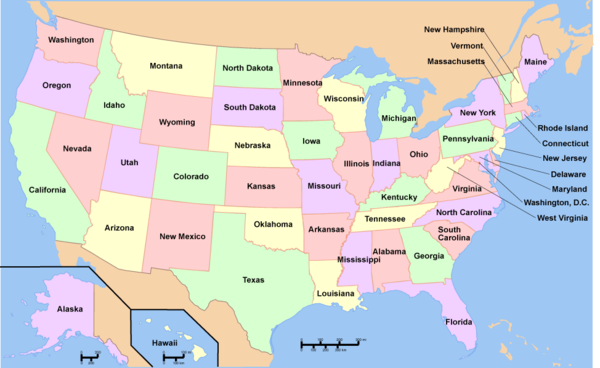FRESHER Act
|
This article is part of the Coal Issues portal on SourceWatch, a project of Global Energy Monitor and the Center for Media and Democracy. See here for help on adding material to CoalSwarm. |
|
This article is part of the FrackSwarm portal on SourceWatch, a project of Global Energy Monitor and the Center for Media and Democracy. To search by topic or location, click here. |
| This article is part of the FrackSwarm coverage of fracking. | |
| Sub-articles: | |
| Related articles: | |
On March 14, 2013 Congressman Matt Cartwright (PA) and Congressman Jared Polis (CO) introduced two bills in the U.S. House of Representatives to close loopholes in the Clean Air Act and Clean Water Act for fracking operations. he two bills introduced today—titled the “Bringing Reductions to Energy’s Airborne Toxic Health Effects”, or BREATHE Act, and the “Focused Reduction of Effluence and Stormwater runoff through Hydrofracking Environmental Regulation,” or FRESHER Act.
Specifically, the BREATHE Act, introduced by the two Congressmen and at least 32 co-sponsors, would close a loophole in the Clean Air Act that currently allows the oil and gas industry to release large amounts of pollution into the air, and lists hydrogen sulfide as a hazardous air pollutant. The FRESHER Act, introduced by Congressmen Cartwright and Polis and at least 37 co-sponsors, would close a loophole in the Clean Water Act that exempts the oil and gas industry from permitting requirements for industrial stormwater runoff.[1]
Resources
References
- ↑ "FRESHER and BREATHE Acts Introduced to Close Fracking Loopholes" Water World, March 14, 2013.
Related SourceWatch articles
Click on the map below for state-by-state information on fracking:
External links
| This article is a stub. You can help by expanding it. |


